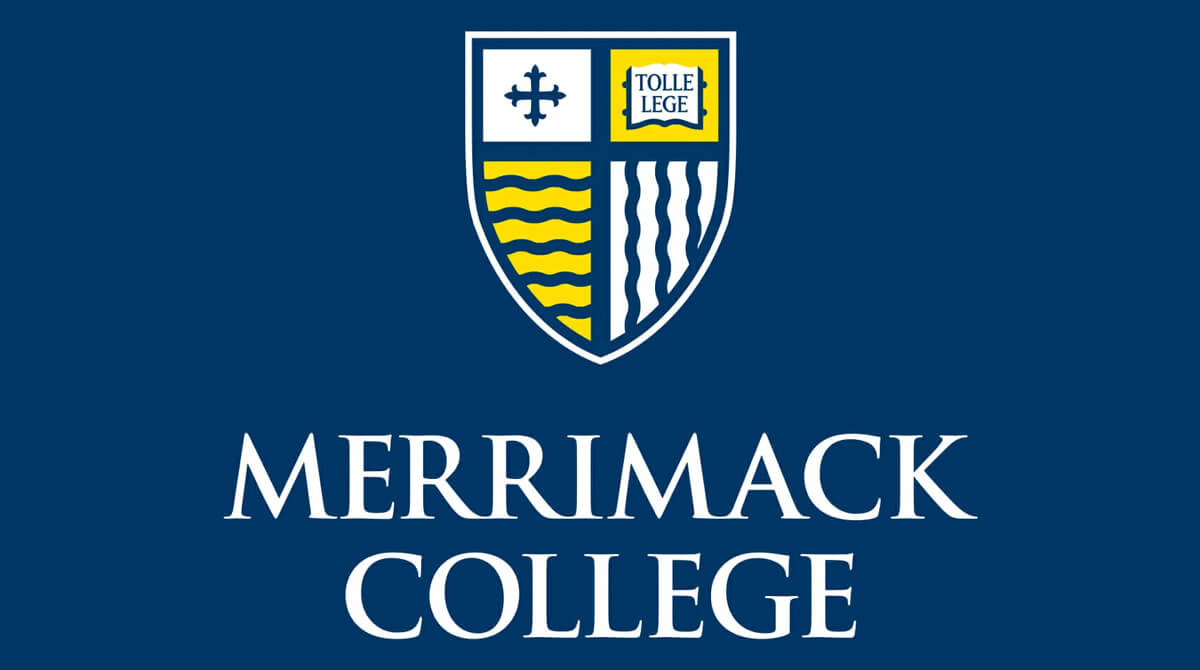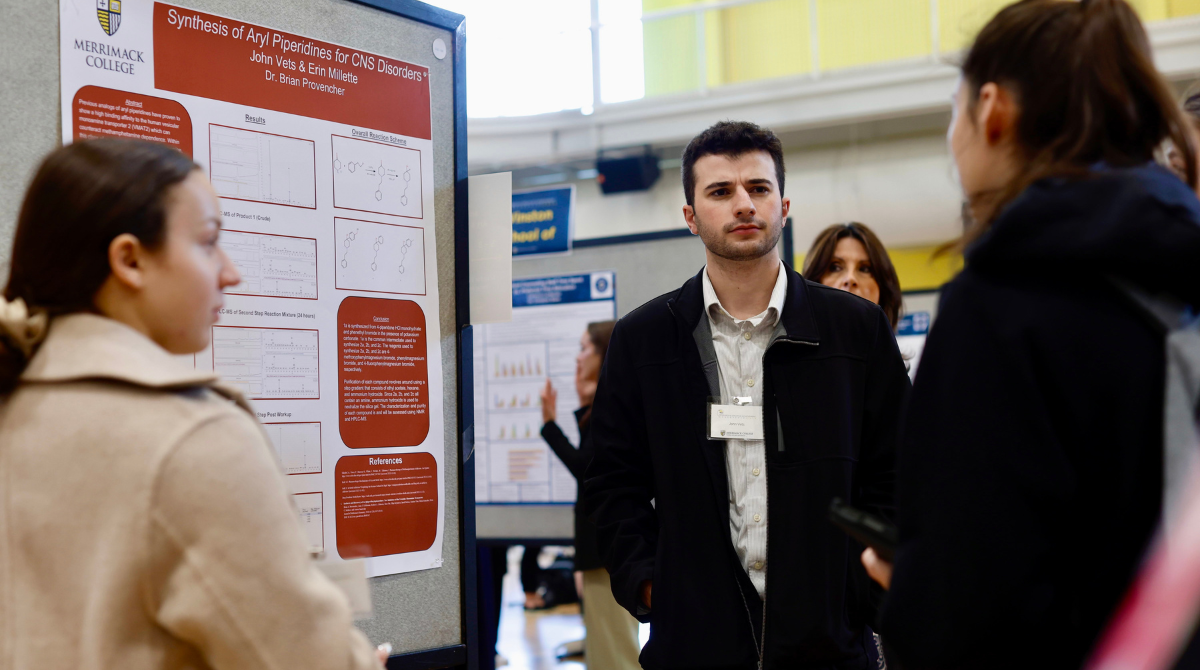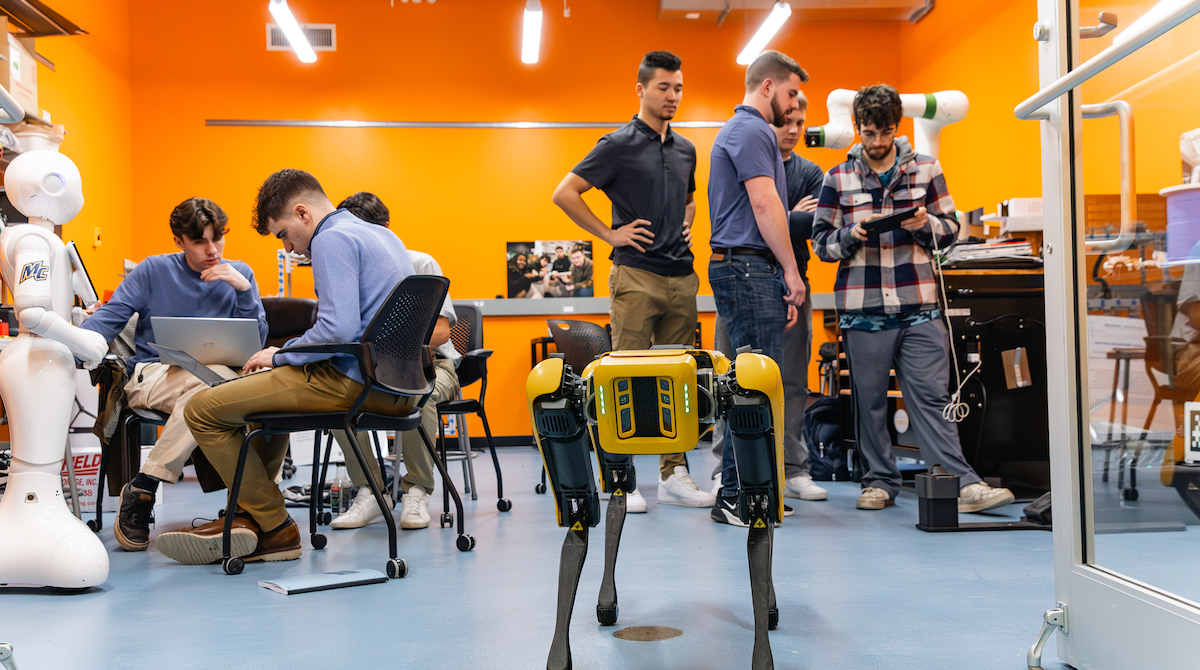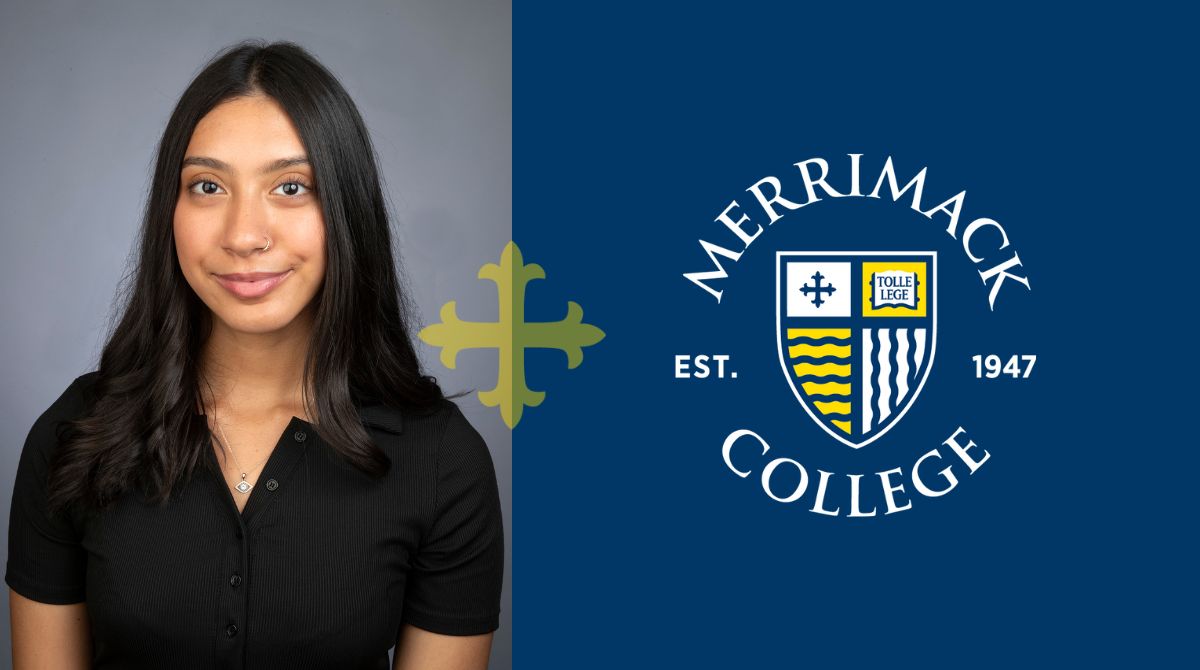Q1: Why did you decide to become a professor?
A: When I was an undergraduate in Iran, I was very impressed by the faculty who studied in Western countries—Europe, the U.S. or Canada. And I thought, “I want to be one of them.” It wasn’t easy. First, I came as a visiting professor. My first year I supported myself financially, paying for all travel, planning, and everything. That was my investment in myself. Thankfully it was the right decision and here I am.
Q2: Can you tell us about your research?
A: I work on phytoremediation. Phyto- means “plant” and phytoremediation focuses on using plants to clean the environment. For example, during the Iran/Iraq war, oil refinery sites were attacked, which contaminated the soil and agriculture. I was asked to look at ways to clean the contaminants. So, I looked at different species of plants and eventually planted a species of daisy. The results were incredible. After six months we achieved a 55% reduction in petroleum contaminants in the soil.
Q3: What do you want students to learn from working with you?
A: When students work in the lab, they acquire techniques, and learn to think critically and analyze data. I also teach them how to be professional scientists. I take students to conferences and encourage them to give presentations. At one conference, I asked a judge to challenge my student by asking him tough questions. Afterward, the judge came to me and said, “This student is going to have a bright future.” And guess what? Today, he is a Ph.D. student.
Q4: What is your advice to college students?
A: I have two recommendations for students who are not sure what they want to do. One is don’t limit yourself. You never know what will come into your life. Go try, go take other courses. Number two: Do research. Work with us in the lab. Students who work with me learn a lot and a few have even become co-authors of my papers.
Q5: You are the director of the Palmisano Greenhouse. What happens there?
A: All students can visit the greenhouse and get a chance to see the different growth stages of the plants. My students and I use it to grow plants for teaching and research purposes.
Bonus
Q: What’s something people might be surprised to know about you?
A: I love the television show “Friends.” When I go home at the end of a busy day and I’m tired, I’m having my dinner, it’s on in the background. I know every line.




